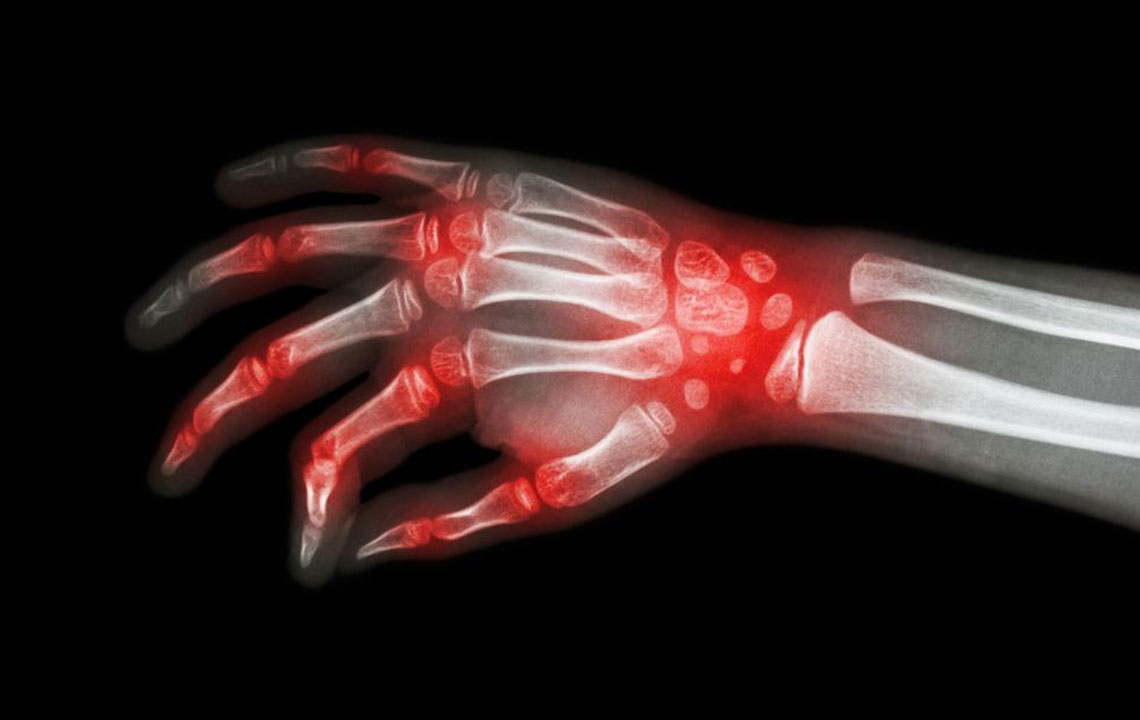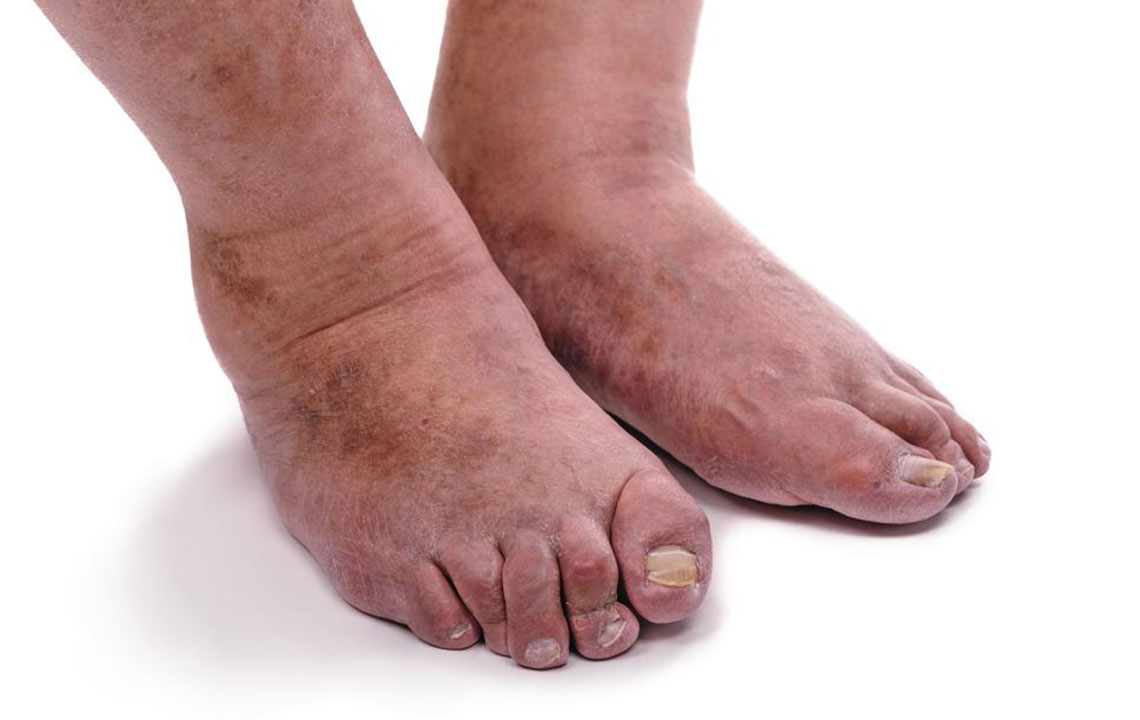Key Differences Between Rheumatoid Arthritis and Systemic Lupus Erythematosus
This article explores the fundamental differences between rheumatoid arthritis and lupus, highlighting their causes, symptoms, affected organs, demographic patterns, and treatment approaches. Accurate diagnosis is crucial as early intervention can prevent serious complications. Learn key distinctions to better understand these autoimmune disorders and when to seek medical advice.

Understanding the Distinctions Between Rheumatoid Arthritis and Lupus
Rheumatoid arthritis (RA) and systemic lupus erythematosus (SLE) are autoimmune conditions where the body's immune system misidentifies its own tissues, producing autoantibodies that attack organs and cells instead of targeting foreign invaders. While their exact causes remain unknown, factors like genetics, hormonal influences, and environmental triggers are believed to play a role. Despite overlapping symptoms, these diseases can be distinguished through specific clinical features and test results.
RA primarily targets joint linings, leading to inflammation and potential deformities in fingers, wrists, knees, and ankles. Conversely, lupus can affect multiple organs, including the skin, lungs, heart, kidneys, blood, and brain.
In RA, joint damage can cause crooked fingers and painful deformities if left untreated. Lupus rarely causes bone deformities.
RA symptoms tend to worsen in the mornings and improve throughout the day, whereas lupus pain persists throughout the day and may migrate to other joints or bones.
Bone erosion is common in untreated RA, but lupus does not cause such damage.
Both conditions often require rheumatologist care; however, treatments vary based on disease severity.
Medication regimens differ to target the specific pathologies of each disease.
RA is more common among women aged 25-50, while lupus typically affects younger women aged 15-40.
SLE, the most common form of lupus, shows increased prevalence among African American, Hispanic, and Asian populations, whereas RA is not linked to race.
If you experience symptoms common to both conditions, consult a healthcare professional for proper testing and diagnosis. Early detection is essential, especially for lupus, which can be life-threatening if untreated.










